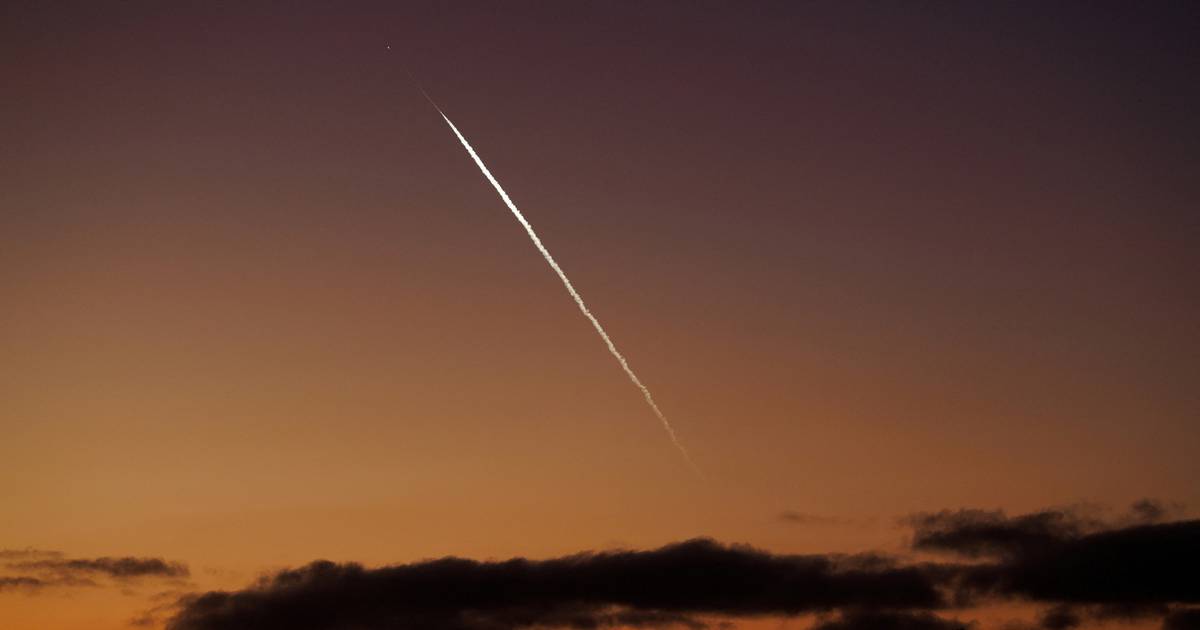In a historic moment for American space exploration, the Delta IV Heavy rocket completed its final flight on Tuesday. The U.S. Space Force and United Launch Alliance (ULA) retired the rocket, which has been in service since 1960 and has completed almost 400 space missions. The mission, codenamed NROL-70, was conducted in partnership with the National Reconnaissance Office (NRO), a U.S. defense intelligence agency, and involved deploying satellites into orbit.
The Delta IV Heavy rocket, standing at roughly 23 stories tall, took off from Cape Canaveral, Florida, following a technical glitch that had postponed a previous launch attempt by 12 days. The payload was confirmed to have been successfully delivered into orbit shortly after the launch. This marked the 16th and final flight of the Delta IV Heavy rocket.
Since the Thor-Delta rocket was introduced in 1960, various Delta-type rockets have launched a total of 389 missions, carrying payloads ranging from weather and GPS satellites to spacecraft bound for Mars. Notable achievements of Delta rockets include launching the world’s first passive communication satellite, Echo 1A, and the first active communication satellite, Telstar 1, in 1960 and 1962, respectively.
The retirement of the Delta rockets comes as ULA transitions to its newly developed Vulcan rocket to replace both Delta and Atlas rockets. The inaugural flight of the Vulcan rocket took place in January and was deemed successful despite the malfunction of the privately funded lunar lander it was carrying. Moving forward, the Atlas V rocket has 17 more missions scheduled before its planned retirement.
The Delta IV Heavy was known for its significant payload capacity and capabilities



:quality(75)/cloudfront-us-east-1.images.arcpublishing.com/elcomercio/3Z35VNBPCBGUHHMEZC3M4NIVTU.jpg)